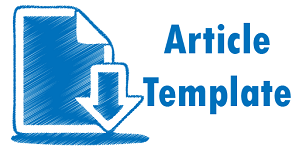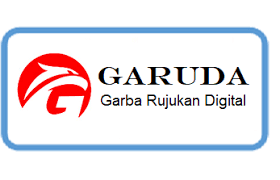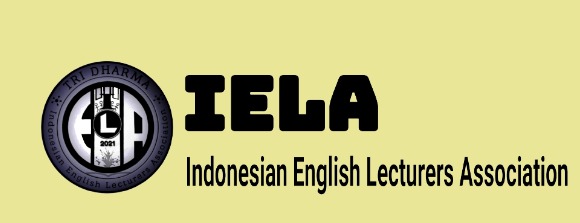REPAIR UTTERANCES USED BY BART AND HOMER IN THE SIMPSON
 ),
),
(1) Universitas Negeri Manado
 Corresponding Author
Corresponding Author
Abstract
The research explores Repair Utterances Used suggested by McManis, et al (1988). The goals of the of the analysis are to know the repairs used by the speaker and to find out speaker meaning or intention meaning by using those repairs. The research uses a qualitative descriptive method to describe the data. The data analyzed by using pragmatic approach to ease the writer identify the speaker meaning. The speaker uses repairs: Uh, Umm, Ehm, Uh-uh, and Uh. The speakers use those repair to show sometimes there are speech errors or unclear utterances made by the speaker and after that the speaker immediately realizes it and will correct his mistake, but it is also possible if the listener asks for correction or clarification by asking the speaker. However, the use of repair in conversation has a purpose and the reasons why they do repairs to their interlocutor in conversation, such as because to emphasize speaker previous explanation, to clarify something because the speaker doesn't understand what is talking about, to say something wrong and repair it, to ask clarification of unclear statement, and to clarify less specific explanation.
References
Chaer, Abdul dan Leonie Agustina. 2004. Sociolinguistics. Jakarta: Rineka Cipta.
Coulthard, Malcolm. An Introduction to Discourse Analysis. London: Longman Group.
Cummings, Louise. 2005. Pragmatics: A Multidisciplinary Perspective. Edinburg: Edinburg University Press Ltd.
Cutting, Joan. 2002. Pragmatics and Discourse. London and New York: Routledge.
Fromkin, Victoria and Robert Rodman. 1978. An Inroduction to Language. England:
Rinehart and Winston.Leech, Geoffrey Leech. 1993. The Principles of Pragmatics. Longman Group Limited.
Levinson, Stephen C. 1983. Pragmatics. New York: Cambridge University Press.
Lerner, Gene H. 2004. Conversation Analysis. Amsterdam/ Philadelphia: John Benjamins Publishing Company.
Lubis, A. Hamid Hasan Lubis. 1991. Analisis Wacana Pragmatik. Bandung: Penerbit Angkasa.
McManis, Carolin, Deborah Stollenwerk, and Zhang Zheng-Sheng. 1988. Language Files. Ohio: Advocate Publishing Group.
Mey, Jacob L. 1998. Concise Encyclopedia of Pragmatics. United Kingdom: Elsevier.
Musyarofah, Lailatul. Setiawan, Slamet. Maru, Mister G. (2020) EFL Thesis Writing: Revealing the Supervisor’s and Supervisee’s Attitudes toward the Written Feedback. Asian EFL Journal Vol 28.no 1.4, Pp. 225-250
Richards, Jack C. 1982. On Conversation.Singapore: Seameo Regional Language Centre.
Richard, Jack C and Richard W. Schmidt. Language and Communication. London and New York: Longman.
Searle, John R et al. 1992. (On) Searle On Conversation. Amsterdam/ Philadelphia:John Benjamins Publishing Company.
Tarigan, Henry Guntur. 1986. Pengajaran Pragmatik. Bandung: Penerbit Angakasa.
Wardhaugh, Ronald. 1986. An Introduction to Sociolinguistics. Oxford: Basil Blackwell.
Yule, George.1996. Pragmatics. New York: Oxford University Press.
Article Metrics
Abstract View : 473 times
: 473 times Download : 64 times
Download : 64 times
DOI: 10.36412/jellt.v6i1.2826
Refbacks
- There are currently no refbacks.
Copyright (c) 2021 Journal of English Language and Literature Teaching

This work is licensed under a Creative Commons Attribution-ShareAlike 4.0 International License.









